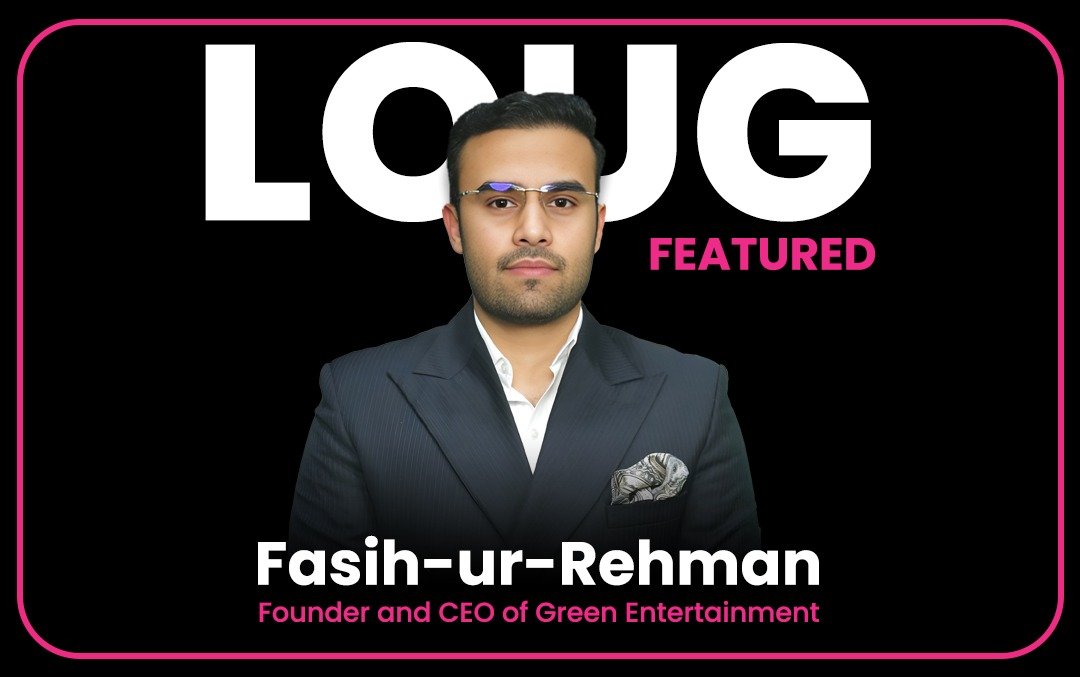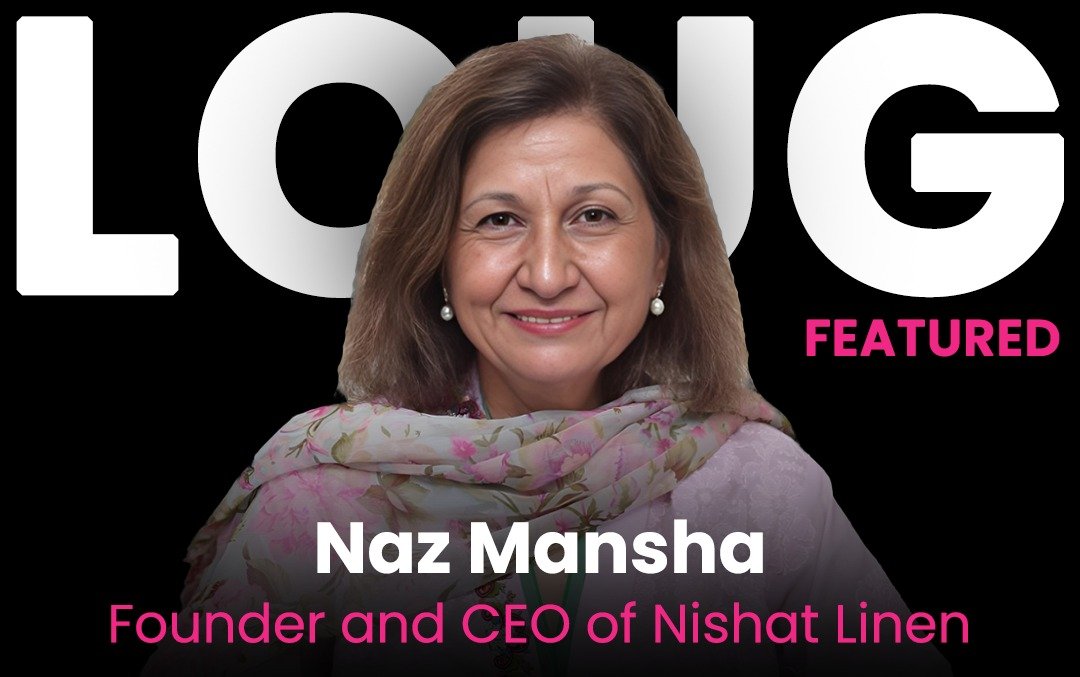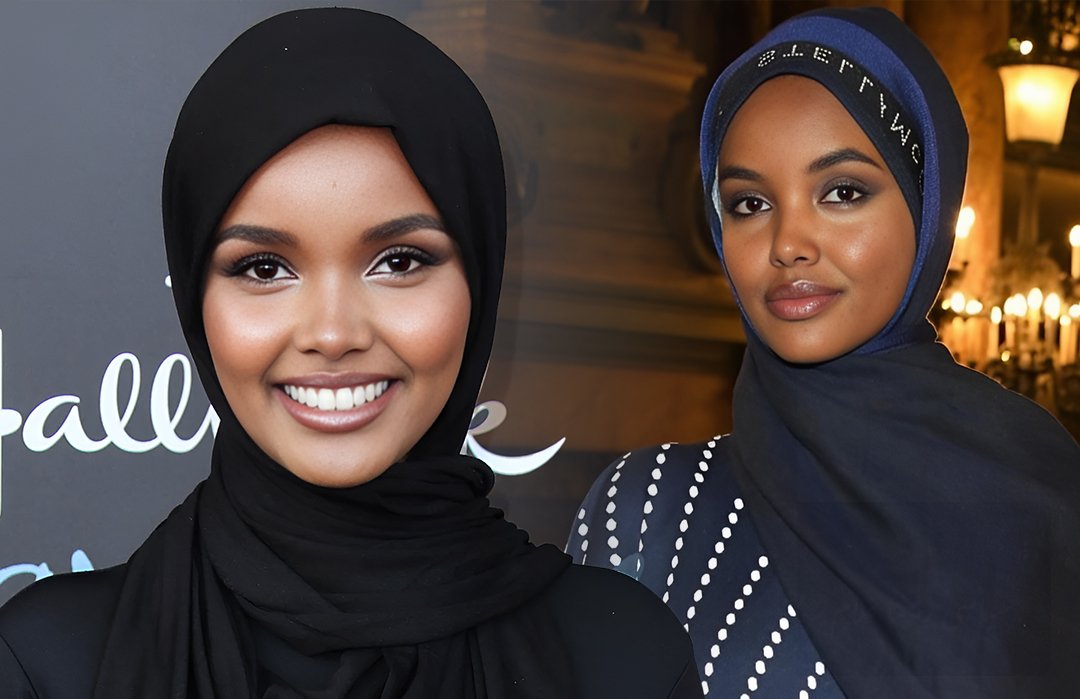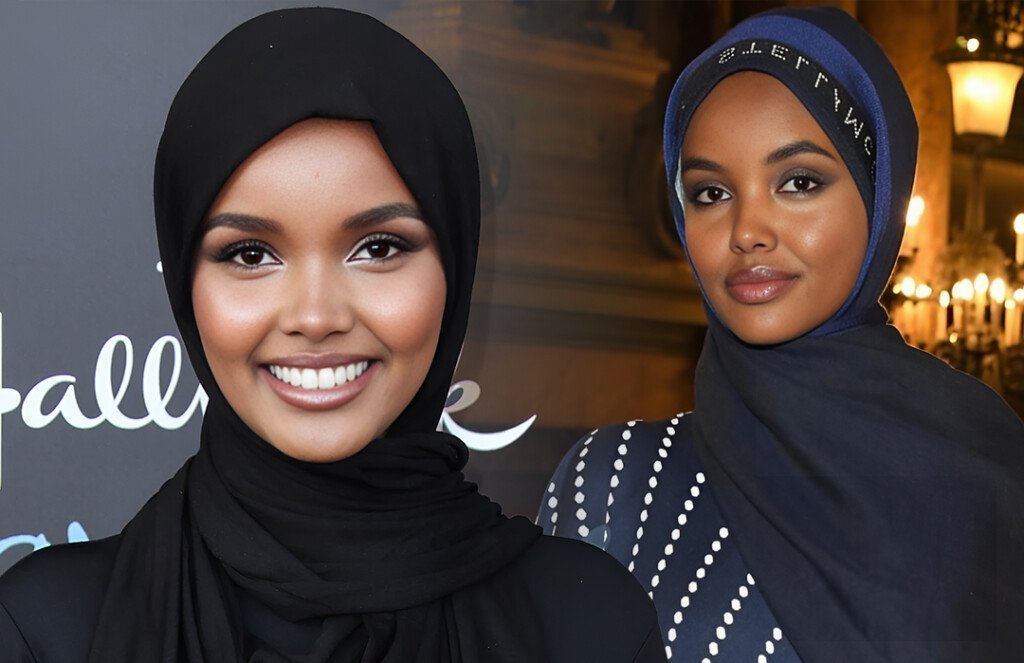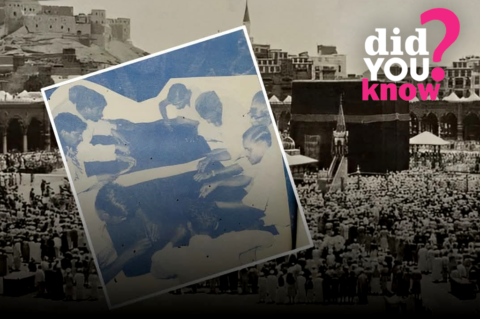Halima Aden made history as the first hijab-wearing model to appear on global fashion runways, redefining beauty standards and breaking long-standing barriers in the fashion industry. Her rise to fame was not just about fashion—it was about identity, representation, and staying true to one’s beliefs in a world that often demands conformity.
Born in 1997 in the Kakuma refugee camp in Kenya, Halima moved to the United States with her Somali family at the age of six. Growing up in Minnesota, she embraced her Muslim faith and cultural identity from a young age. In 2016, she gained national attention after competing in the Miss Minnesota USA pageant wearing both a hijab and a burkini. This bold move challenged conventional norms in beauty competitions and sparked conversations around modesty, diversity, and inclusion.
Her pageant appearance caught the attention of IMG Models, one of the world’s most prestigious modeling agencies. In 2017, Halima became the first hijabi model to sign with a major international agency. From the start, she made it clear that her hijab was non-negotiable, making modesty a central part of her brand. She insisted that she would not compromise her values or remove her hijab for any job, setting a powerful precedent in an industry notorious for strict beauty expectations.
Halima quickly made waves on the international fashion scene. She debuted on the runway at New York Fashion Week in Kanye West’s Yeezy Season 5 show, marking a historic moment for Muslim representation. Soon after, she walked the runways in Milan and London, modeling for high-end designers like Max Mara and Alberta Ferretti. Her presence on these global stages challenged stereotypes and opened doors for other Muslim women who had long been underrepresented in fashion.
Her influence extended beyond the catwalk. Halima was featured on the covers of major fashion magazines, including Vogue Arabia, Allure, and British Vogue, becoming the first hijabi model to achieve such visibility. In 2019, she broke another barrier by becoming the first model to wear a hijab and burkini in the Sports Illustrated Swimsuit Edition. The shoot, which took place on the shores of Kenya, was both symbolic and empowering—demonstrating that modest fashion has a place in even the most unexpected corners of mainstream media.
Despite her groundbreaking achievements, Halima remained critical of how the fashion industry sometimes pressured her to compromise her identity. In 2020, she announced that she would step back from runway modeling, explaining that the demands of the industry often conflicted with her personal and religious values. Her decision was widely respected, and many praised her courage for prioritizing her faith over fame.
Halima Aden’s legacy is far greater than her modeling career. She has become a role model and advocate for modest fashion, diversity, and self-empowerment. Her journey has inspired countless women around the world to embrace their identity unapologetically. As the first hijabi model on global runways, Halima Aden did not just walk the catwalk—she changed the course of fashion history.
